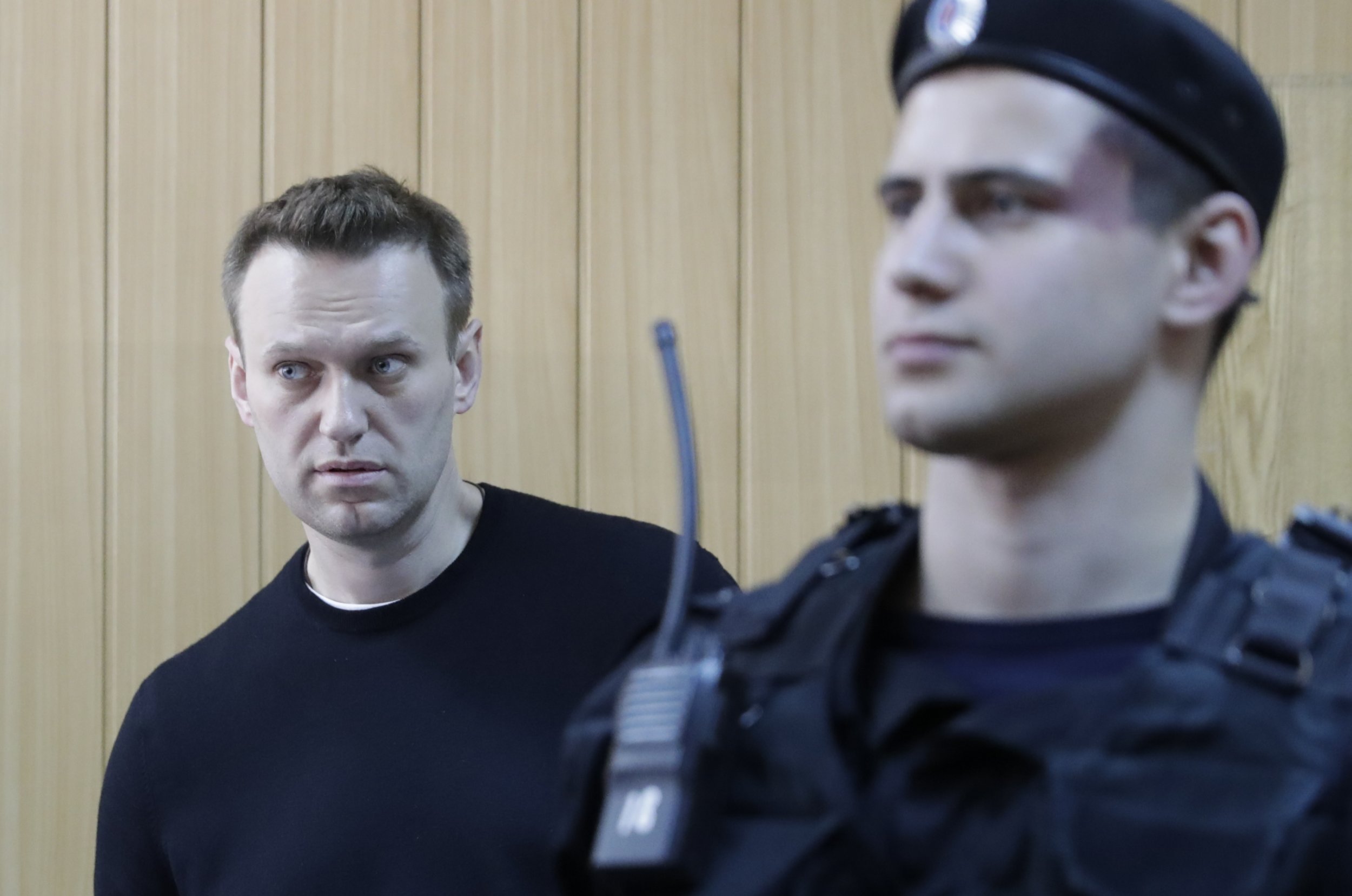
Russian opposition leader Aleksei Navalny and all the peaceful protesters detained after the mass demonstrations across Russia on Sunday must be immediately released, after he was today sentenced to 15 days in jail.
"By detaining hundreds of protesters, the Russian authorities have demonstrated their profound disdain for the right to freedom of expression and assembly," said Sergei Nikitin, director of Amnesty International Russia.
"Russia has broken its own sad record for mass detentions by arresting more than 1,000 people on the same day in Moscow alone. Amnesty International monitor witnessed elderly people pushed down stairs, teenagers beaten by police and bystanders and journalists arbitrarily detained."
"While isolated incidents of violence on the part of some protesters were reported, the rallies in Moscow and elsewhere were overwhelmingly peaceful. We urge the Russian authorities to respond to these incidents in a proportionate way and to guarantee that all cases are fairly and openly addressed in competent courts. All the peaceful protesters must be immediately released; no one should be imprisoned for merely exercising their rights to expression and peaceful assembly."
Related: Did the London attack give Putin cover to kill an enemy?
Aleksei Navalny spent last night at the police station and was today given a hefty fine under one set of charges in court for organizing the protest. He was then presented with a new charge in the same court—disobedience to police for purportedly resisting his arrest—for which he was jailed.
Officers from the Investigative Committee have today shown up in a number of Moscow police stations where the protesters were held, indicating that criminal charges against some of them are being initiated or considered.
Background
Anti-corruption protests took place on Sunday in Moscow and several dozen Russian cities. Out of more than 80 rally authorization requests across Russia only 21 were granted by the local authorities. In Moscow and St. Petersburg, the protesters took to the streets as well, despite the de facto bans in place.
Amnesty International's monitor witnessed the arrest of dozens of peaceful demonstrators in Moscow's Pushkin Square and observed instances of excessive use of force by the police. In particular, riot policemen surrounded people standing on the staircases of the cinema theatre Rossiya and then began to push them down the stairs, provoking a stampede and causing more people to fall.
While Amnesty International has not witnessed any incidents of violence on the part of demonstrators, one policeman in Moscow reportedly became unconscious after being beaten up and one protester was detained for kicking a policemen in the city of Volgograd (southern Russia).
According to the independent monitors' estimates, more than 1,000 people were taken into custody in Moscow, 130 in St. Petersburg and hundreds in other cities. According to media reports, detentions also took place during rallies in Chelyabinsk, Kazan, Khabarovsk, Komsomolsk-on-Amur, Krasnodar, Makhachkala, Naberezhnye Chelny, Nizhny Novgorod, Pskov, Samara, Tambov, Vladivostok, Volgograd, Yekaterinburg, Yuzhno-Sakhalinsk and other cities.
The opposition politician Aleksei Navalny was detained on Triumfalnaya Square. He spent the night in the police station before being brought to the court. The office of Anti-Corruption Fund he founded was searched, and all its workers were detained under charges of disobeying police officers' lawful orders.
Uncommon Knowledge
Newsweek is committed to challenging conventional wisdom and finding connections in the search for common ground.
Newsweek is committed to challenging conventional wisdom and finding connections in the search for common ground.
About the writer
To read how Newsweek uses AI as a newsroom tool, Click here.








